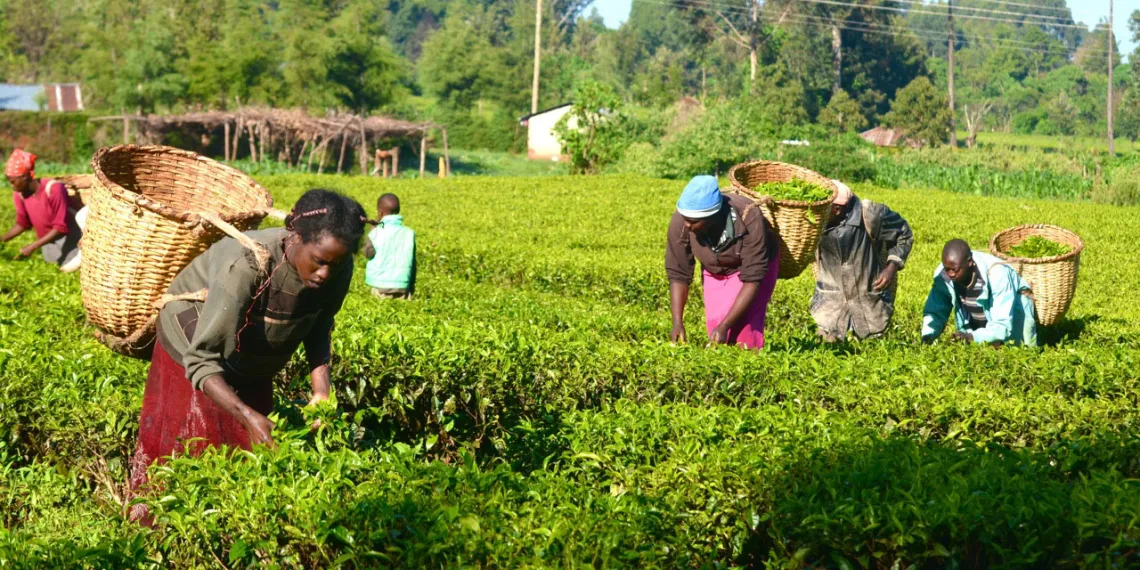 Olugbemi. Adeyinka Ogunleye
1 month ago
Olugbemi. Adeyinka Ogunleye
1 month ago
Overview
Agriculture as Nigerias New Forex Goldmine: Balancing local needs and global market opportunities
Agriculture is intricately connected to Nigeria’s economy, contributing significantly to employment, GDP, and food security. It remains a key factor in improving the value of the Naira against the Dollar, particularly as the country seeks to diversify its foreign exchange sources beyond crude oil.
While crude oil traditionally dominates Nigeria’s foreign exchange earnings, agriculture has always come a close second and remains vital today. With Nigeria’s population expected to reach 400 million by 2050, increasing agricultural productivity is essential to ensuring food security, fostering national growth, and strengthening the country’s economic base.
The agricultural sector remains a cornerstone of the economy, contributing approximately 20% to the country’s GDP and employing over 60% of the labour force. The four main subsectors of agriculture in Nigeria are crop production, fishing, livestock, and forestry—with crop production being the most significant, accounting for around 90% of the sector. There is an untapped potential within Nigeria’s agricultural landscape; Nigeria’s diverse ecological zones are suitable for various crops and livestock, which could be leveraged to attract Foreign Direct Investment (FDI).
In this article, I will provide an in-depth analysis of Nigeria’s agricultural sector, underscoring the challenges that limit its critical role in the nation’s economic growth, and suggesting policies to transform Nigeria into a national and global food basket with the added advantage of export forex growth.



